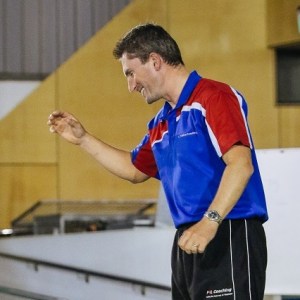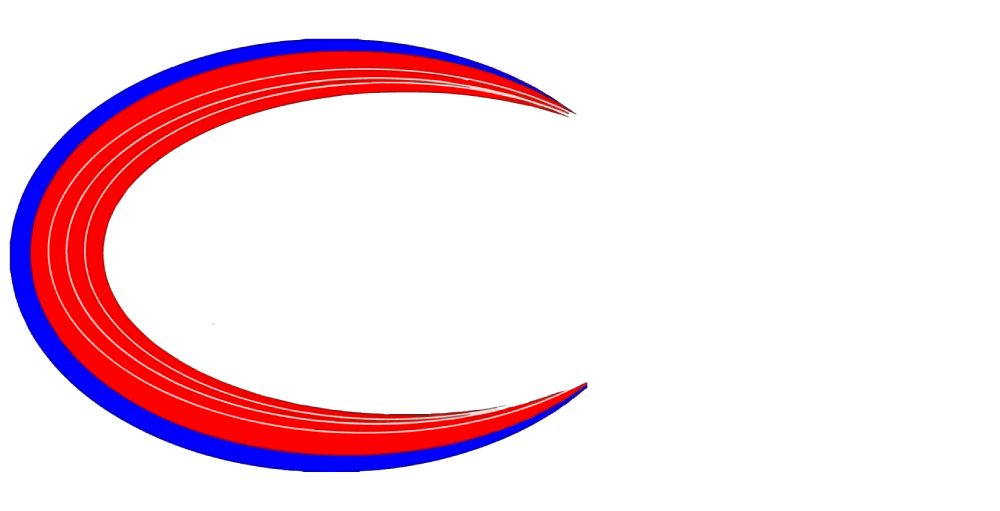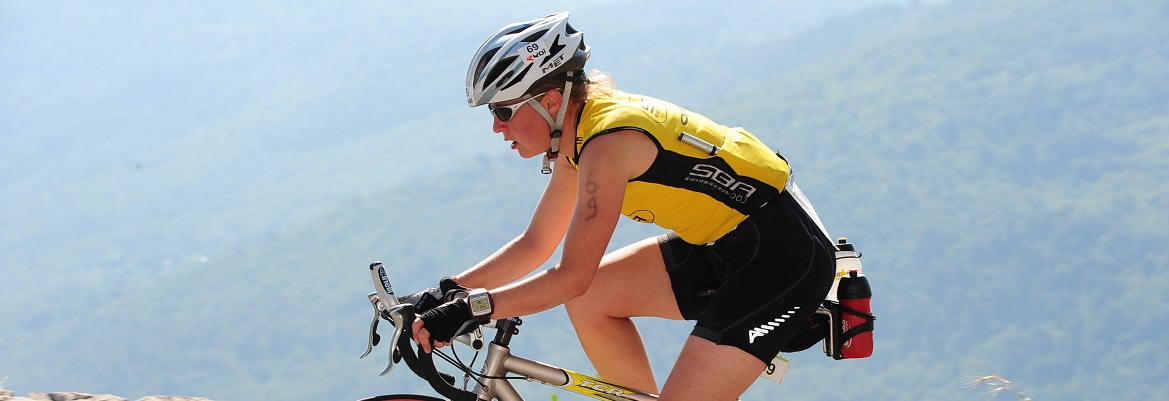 So how do you pace yourself through an IRONMAN 70.3?
So how do you pace yourself through an IRONMAN 70.3?
An IRONMAN 70.3 a 1.9km swim, 90km bike and 21.1km run. This is the same as a Challenge Half or the more traditional Half Ironman.
The event will take the elites in the region of 4 hours. Age group athletes are allowed 8 hours to complete the event. It isn't a sprint. It is going to be a test of endurance. If you get your pacing wrong then there will be a price to pay later in the day. You might be the greatest half marathon runner in the world, but if you are stuffed before you get there... you will be walking!
This year the middle distance races, such as IRONMAN 70.3 will be incredibly popular. So through this article I thought it would be a good idea to take you through how I encourage athletes to pace themselves through their event. There are a number of ways to pace yourself, you can use Power on the bike, GPS watches, Heart Rate Monitors... but don't forget Rate of Perceived Effort... if all else fails, you will always have that!
Triathlon traditionally starts with the swim, so let's start there:
1.9km IRONMAN 70.3 Swim:
 Start wide, away from the melee. For the first few 100 meters, just relax. Don't thrash. Get clear water, swim your own race. If you use RPE - aim for about 6/10 for the majority of the swim.
Start wide, away from the melee. For the first few 100 meters, just relax. Don't thrash. Get clear water, swim your own race. If you use RPE - aim for about 6/10 for the majority of the swim.
The exception to this, is if you are a stronger swimmer, using that first few 100 meters to get on a pack or away from the pack... but you must then dial it back... cruising pace, tempo swimming, RPE 6/10.
A good swim, you will gain 2 minutes. A bad swim, you will lose about 2 minutes. Over the whole day, whatever happens, good or bad, that is not a lot. You can burn a lot of energy trying to gain 2 minutes.
Transition 1
Be quick, but don't sprint. This isn't a draft legal race, there isn't a pack to get on the back of (or at least there shouldn't be!)... get it right. Less haste more speed. Think about what you are doing and concentrate.
90km IRONMAN 70.3 Bike:
This is the discipline, where data can help. It is not the be all and end all, but it can definitely help. My first choice would be power, and additionally using RPE and Heart Rate as a guide.
 Why? Well power is fixed. 200 watts is 200 watts. It doesn't matter if its up hill, downhill, crappy roads, into a headwind... 200 watts is 200 watts. Where as the wind can play tricks on your mind with RPE... a hill can make you work harder with heart rate...
Why? Well power is fixed. 200 watts is 200 watts. It doesn't matter if its up hill, downhill, crappy roads, into a headwind... 200 watts is 200 watts. Where as the wind can play tricks on your mind with RPE... a hill can make you work harder with heart rate...
That said, if you have a target power range then you need to ride within that range. Don't spike, by powering harder up a hill. Keep it in the zone.
Get used to riding with power before the event. It is very different using power on the road, compared to on the wind-trainer or turbo. I would also suggest having your power meter set to provide a 10 second average power reading... just takes out some of the variation.
As a basic guide I would encourage athletes to ride at the following intensities for an IRONMAN 70.3 distance:
- Power: 80 to 85% of Functional Threshold Power
- Heart Rate: 80-90% of Threshold Heart Rate (for cycling - its different for the run!)
- Rate of Perceived Effort (RPE): 5-6/10
Transition 2
Pretty much the same as T1. Get it right. Number on the front, shoes on the correct feet, be patient. Breathe. Take your time. Less haste more speed.
Article: Pick a goal, make a start
21.1km IRONMAN 70.3 Run Pace
 We are about to find out if you paced yourself correctly with the bike. Your legs will feel horrible during the first couple of kilometres. Be mentally prepared for this. It will get better.
We are about to find out if you paced yourself correctly with the bike. Your legs will feel horrible during the first couple of kilometres. Be mentally prepared for this. It will get better.
You are unlikely to set a half marathon personal best here. You have completed a 1.9km swim and a 90km bike... the race is just about to start.
WARNING: If you set off and it feels easy... that may be too quick.
Aim for 5/10 RPE initially. If you are using heart rate, 80 to 90% of your run threshold heart rate. If you want to run to pace... that is fine, but consider that hills slow you down, head wind can slow you down, therefore it can be challenging. But... as a guide 85% of your 10k pace.
IRONMAN 70.3 distance is hard.
I often tell athletes I coach, "It's all about pace judgement." If you have trained properly for the event, you will enjoy not just the day, but the entire journey through your IRONMAN 70.3 much more.
 Paul is a Professional Triathlon Coach. Passionate about the sport of Triathlon. Paul empowers athletic achievements with quality individualised bespoke triathlon coaching.
Paul is a Professional Triathlon Coach. Passionate about the sport of Triathlon. Paul empowers athletic achievements with quality individualised bespoke triathlon coaching.
Coach Paul is a British Triathlon Federation Level 3 Coach and a Triathlon Australia Performance Coach.
He is also an IRONMAN Certified Coach and a Level 2 Training Peaks Coach. F4L Triathlon Coaching offers triathletes and other endurance athletes a full coaching and training service that caters to all levels of triathletes.
F4L Triathlon Coaching offers professional triathlon coaching and the reliability triathletes require. Each athlete is an individual, every athlete has different needs.


